Researchers at Tokyo Metropolitan University have made a groundbreaking discovery in the fight against Alzheimer's disease, finding that dissolving early protein clumps can effectively shut down the damage caused by the disease. According to a study published on November 15, 2025, tau proteins, which are associated with Alzheimer's, do not form fibrils suddenly, but instead, assemble into soft, reversible clusters before turning into the disease-linked fibrils.
These tau protein clusters, known as nanoclusters, were found to be a crucial step in the development of Alzheimer's disease. When the clusters were dissolved, the researchers observed that fibril growth was almost entirely suppressed. This significant finding suggests that treatments could target the early, reversible stages of the disease instead of the final, stubborn fibers.
"This is a promising new strategy in the fight against Alzheimer's," said Dr. Taro Ueno, lead researcher on the study. "By targeting the precursors to the disease, we may be able to prevent the damage caused by Alzheimer's before it begins."
The researchers used concepts from polymer physics to better understand the formation of tau protein fibrils, which are a hallmark of Alzheimer's disease. The study revealed that the fibrils do not appear suddenly, but rather, emerge after large clusters of tau proteins assemble into nanoclusters.
According to Dr. Ueno, the findings of the study have significant implications for the development of new treatments for Alzheimer's disease. "Our research suggests that targeting the early stages of the disease may be a more effective way to prevent the damage caused by Alzheimer's," he said.
Alzheimer's disease is a complex condition that affects millions of people worldwide. It is characterized by the buildup of tau protein fibrils in the brain, which can lead to memory loss, cognitive decline, and eventually, death. The disease is currently incurable, but researchers are working to develop new treatments that can slow or stop its progression.
The study's findings provide new hope for those affected by Alzheimer's disease and their families. "This research is a significant step forward in our understanding of the disease and may lead to the development of new treatments that can make a real difference in the lives of people with Alzheimer's," said Dr. Ueno.
The study's results are currently being reviewed by the scientific community, and further research is needed to confirm the findings and develop new treatments based on this promising new strategy. However, the discovery of the tau protein nanoclusters and their role in the development of Alzheimer's disease is a significant breakthrough that may lead to new and effective treatments for the disease.
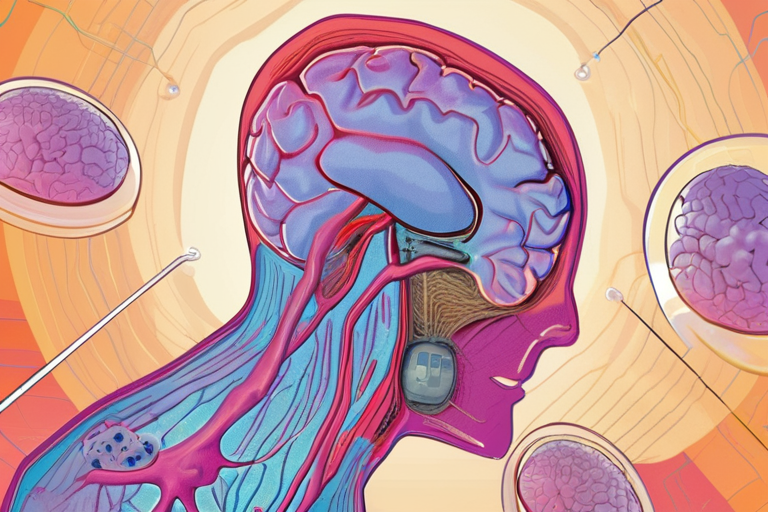


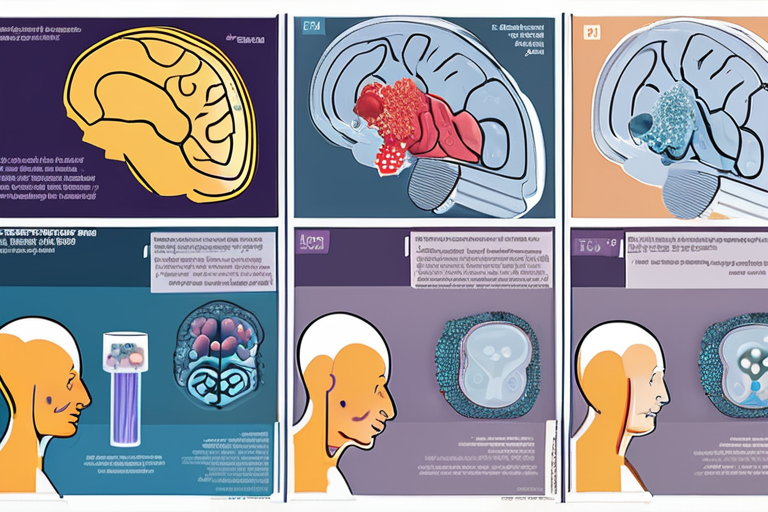
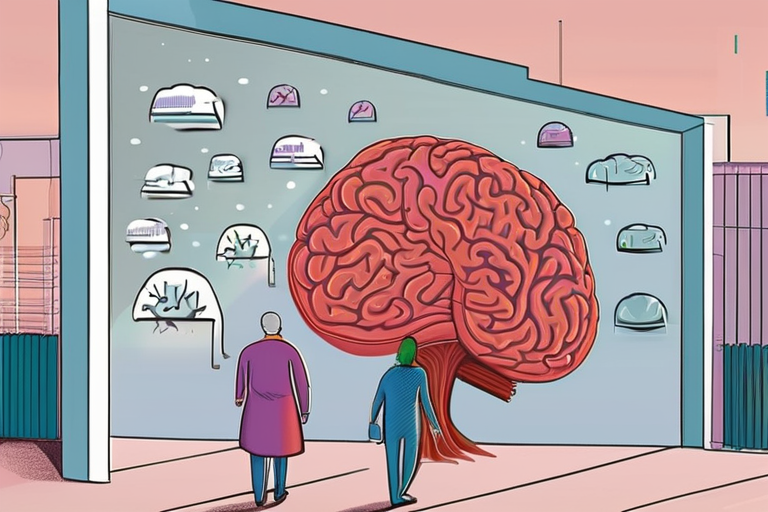



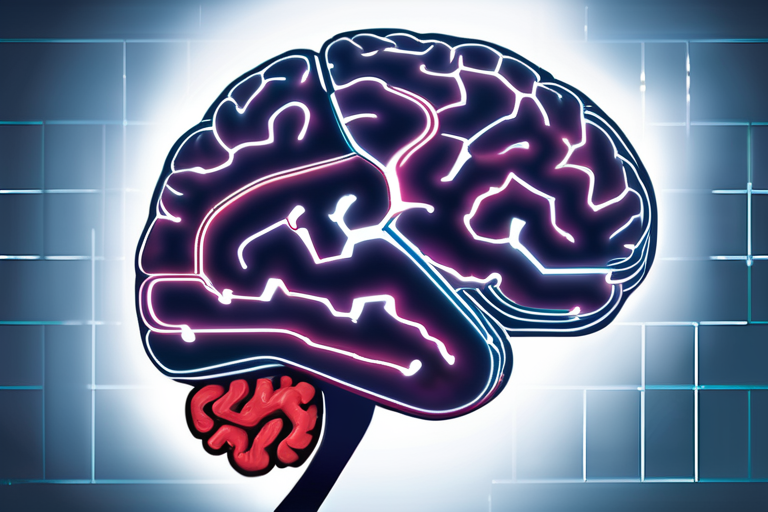


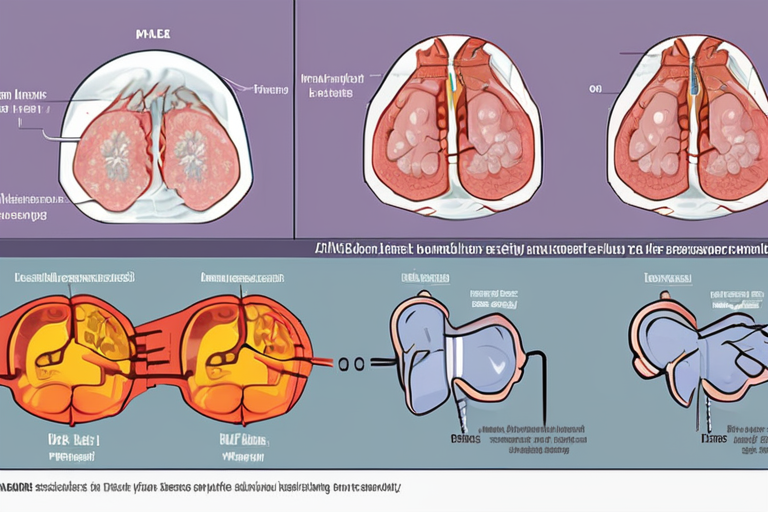




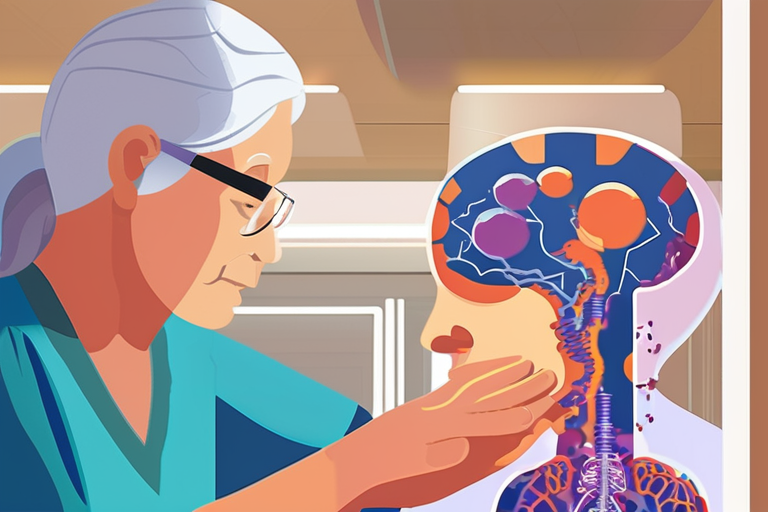
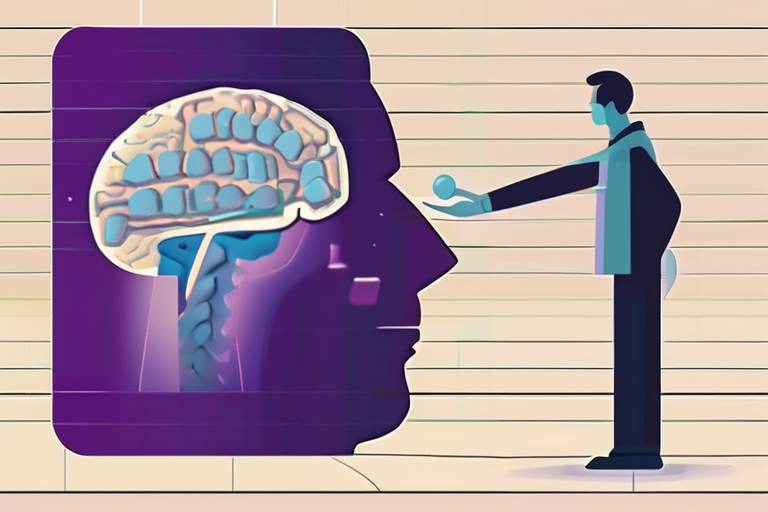


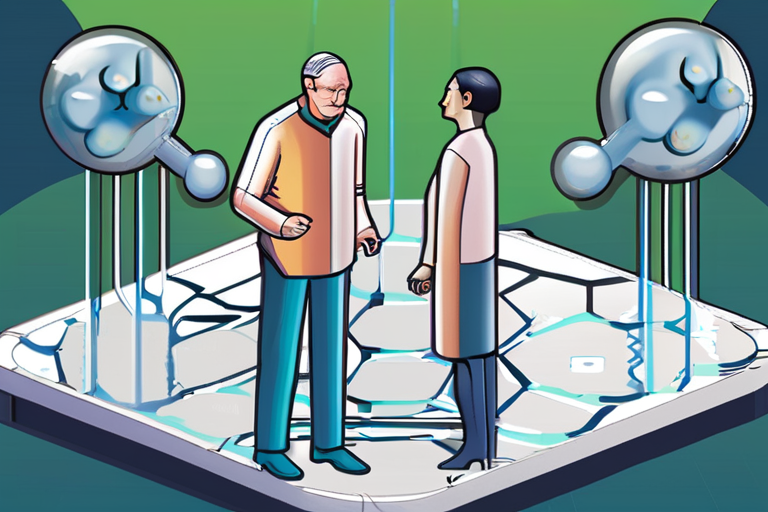

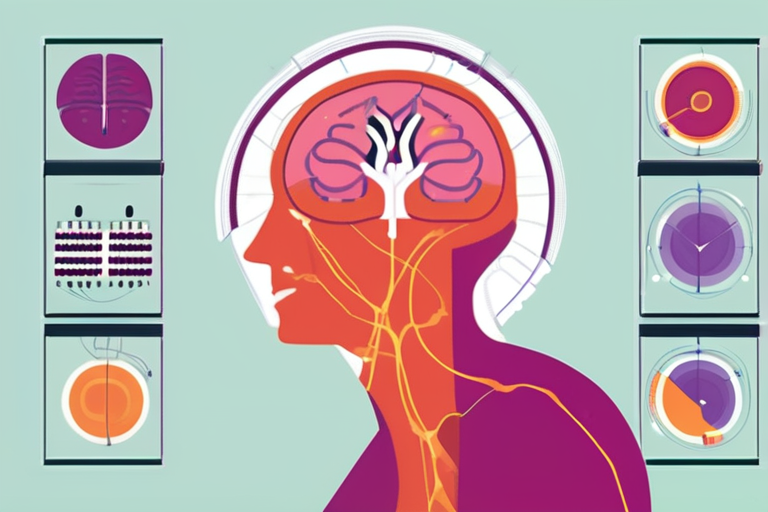

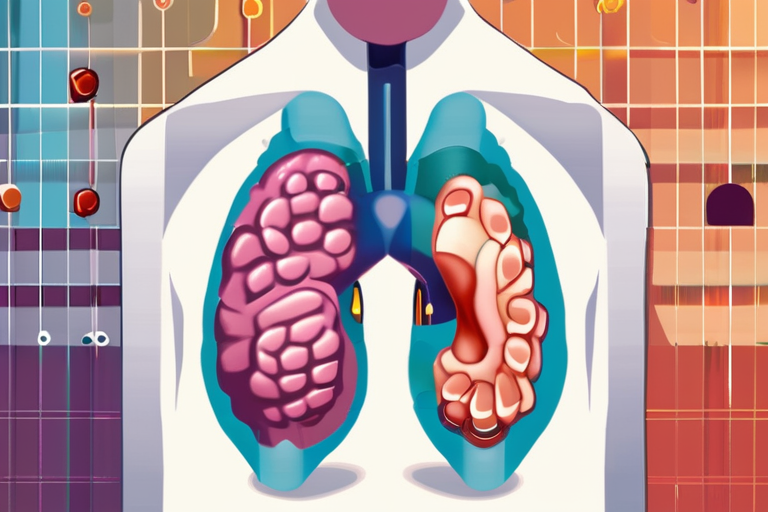
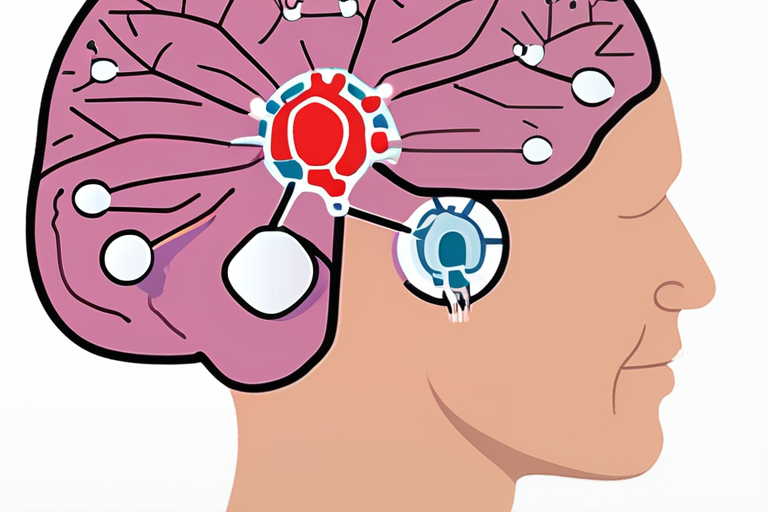
Share & Engage Share
Share this article